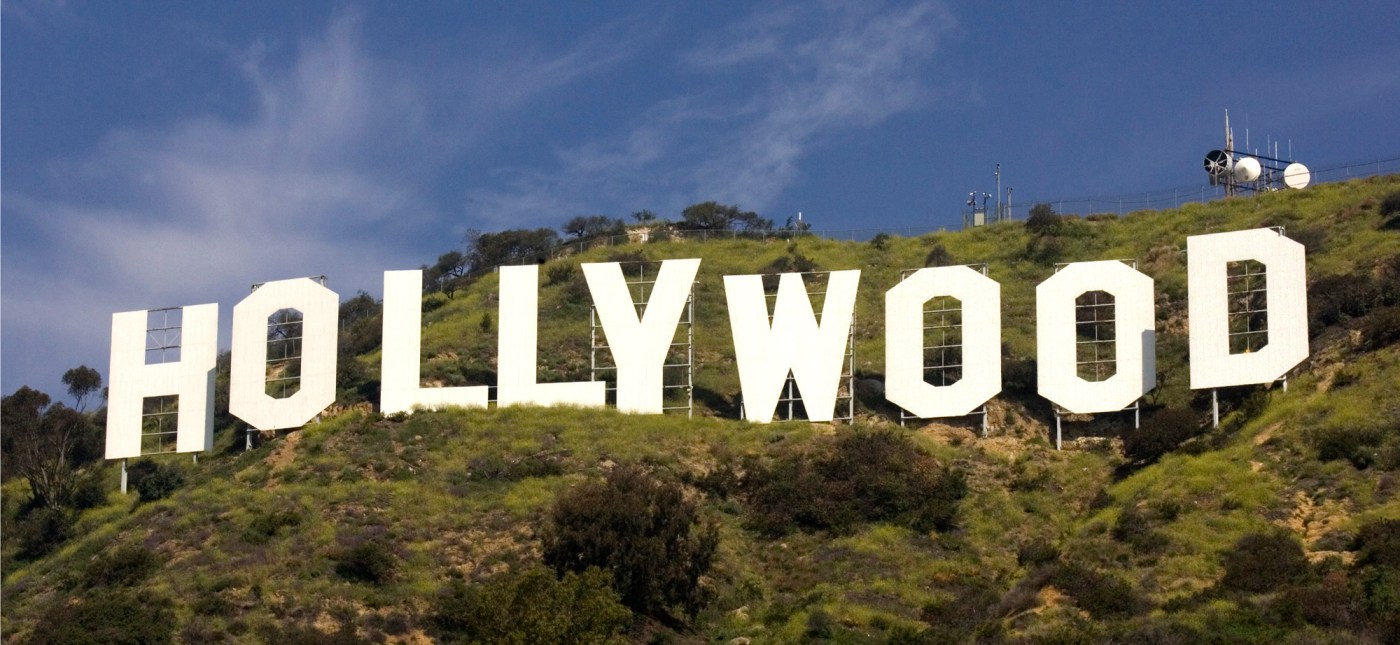
Walters: Why Newsom wants more California tax subsidies for Hollywood
Each month, the California Center for Jobs & the Economy, an offshoot of the California Business Roundtable, publishes a summary of economic data, including a list of California businesses that have reduced operations, moved to other states or expanded elsewhere.
The most recent list includes a few biggies, such as the announced shutdown of a Phillips refinery in Southern California and decisions by two big technology companies, ECL and Meta, to build data centers in other states.
These corporate moves, large and small, are indices of business climate and should draw closer scrutiny from news media and officialdom, but rarely surpass a glance. Gov. Gavin Newsom’s oft-repeated mantra is that California has a powerful and resilient economy.
However, there is one very obvious exception to that hands-off position: the Southern California entertainment industry, which complains constantly that California isn’t doing enough to maintain production, pointing to lavish subsidies in other states and nations.
Fifteen years ago, when movie star Arnold Schwarzenegger was California’s governor, he and the Legislature created a modest program of tax credits to bolster in-state production. Subsequently, the subsidy was expanded dollarwise and also made easier to claim.
Nevertheless, filmmakers continued to whine. Over the weekend, Newsom staged a news conference in Hollywood to announce that his next state budget will seek to more than double the current subsidy from $330 million a year to $750 million.
With a blue sign reading “Lights, Camera, Jobs,” Newsom declared that the state “needed to make a statement and to do something that was meaningful.”
“We’re in a position where we can afford this, and we need to do this,” Newsom continued. “It’s about recognizing the world we invented is now competing against us.”
Why, one might wonder, do Newsom and other politicians feel compelled to spend tax dollars to bolster this one economic sector while others — agriculture, for example — also face tough competition? And why now, when lawmakers are coping with multibillion-dollar budget deficits?
The film industry and its allies produce self-serving studies that project huge economic benefits from production. In reality it’s a tiny component of California’s $3.6 trillion economy, about 125,000 jobs in a state with more than 18 million employed workers.
Logically, politicians should be worried whether Southern California’s far more important logistics industry, handling goods that flow through its ports, can survive inroads from other cargo-handling centers, particularly since the state is imposing expensive new regulations. They should also worry about the technology industry’s slow-motion shifts to other states.
Last year, the Legislature’s nonpartisan budget analyst put the production subsidy in realistic context.
Related Articles
San Jose apartment complex lands key loan that enables upgrades
How Trump tariff threats might plunge Mexico into recession and stoke immigration
San Jose to hire sports ‘czar’ to help oversee coordination of FIFA World Cup, Super Bowl LX
House District 14 candidates Swalwell, Kruttiventi walk a fine line on immigration issues
Letters: College trustee | Concerning democracy | Educators’ experience | Minimum wage | Prop. 4 | Your vote | End inaction | Measure E | Exacerbating divisions | MAGA candidates | Sunnyvale council
“Although the film tax credit likely increased economic activity in California’s motion picture industry, whether it resulted in growth of the state’s broader economy is unclear,” the LAO wrote in an analysis. “Forgone state tax revenue from the film tax credit could have been spent on other programs or services.”
The report dissected a pro-industry study by the Los Angeles County Economic Development Corporation, saying its claims are “significantly overstated due to the study’s use of implausible assumptions. Most importantly, the study assumes that no productions receiving tax credits would have filmed here in the absence of the credit. This is out of line with economic research … which suggests tax credits influence location decisions of only a portion of recipients.”
Despite attempts to justify the subsidy on economic grounds, the real reason Hollywood gets such slavish political attention is its symbiotic relationship with politicians. Actors often help politicians garner public attention — Kamala Harris’s campaign for president being a current example — while studio bosses and their unions are major sources of campaign money, mostly for Democrats.
It’s simply political back-scratching.
Dan Walters is a CalMatters columnist.


